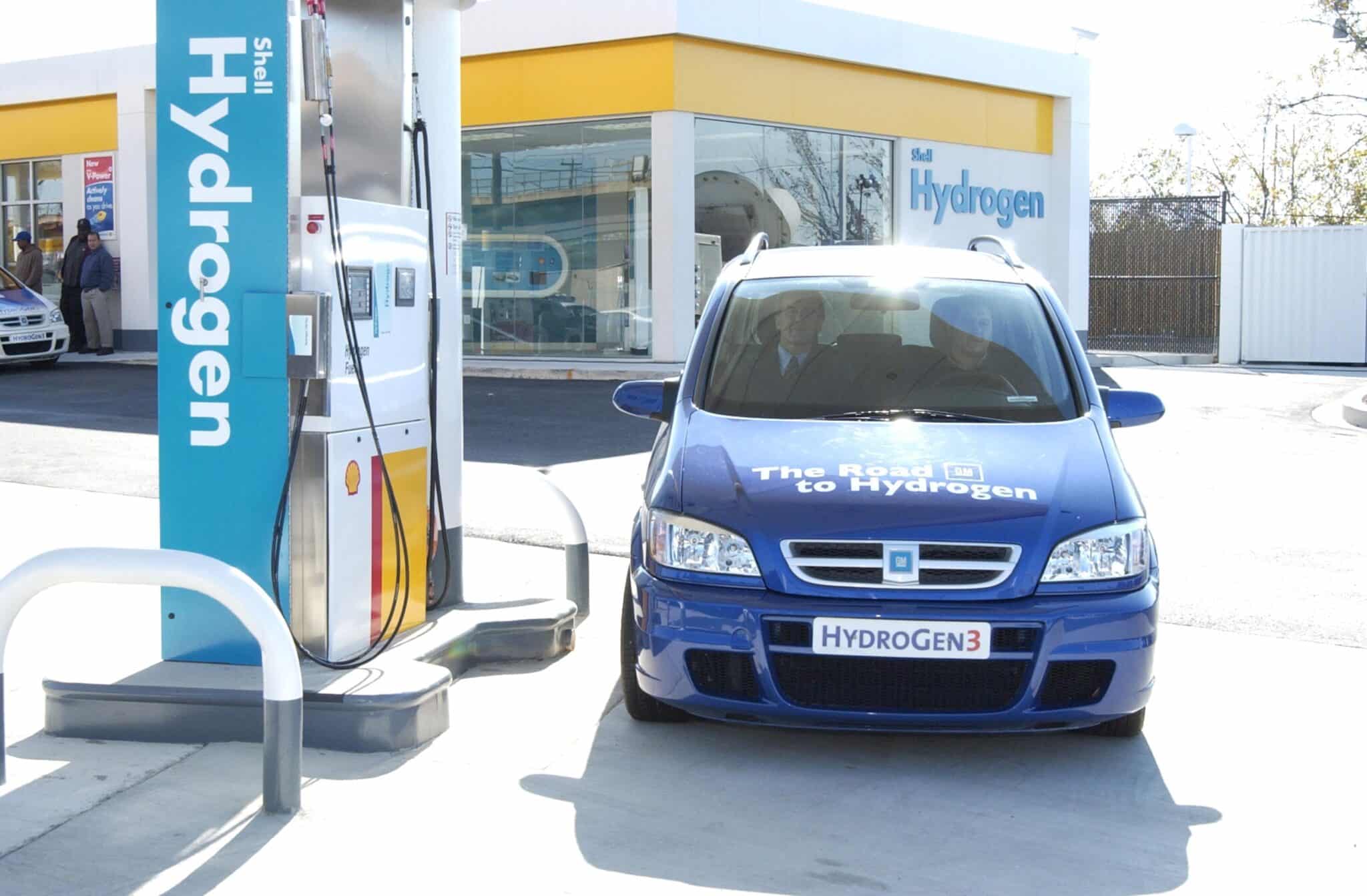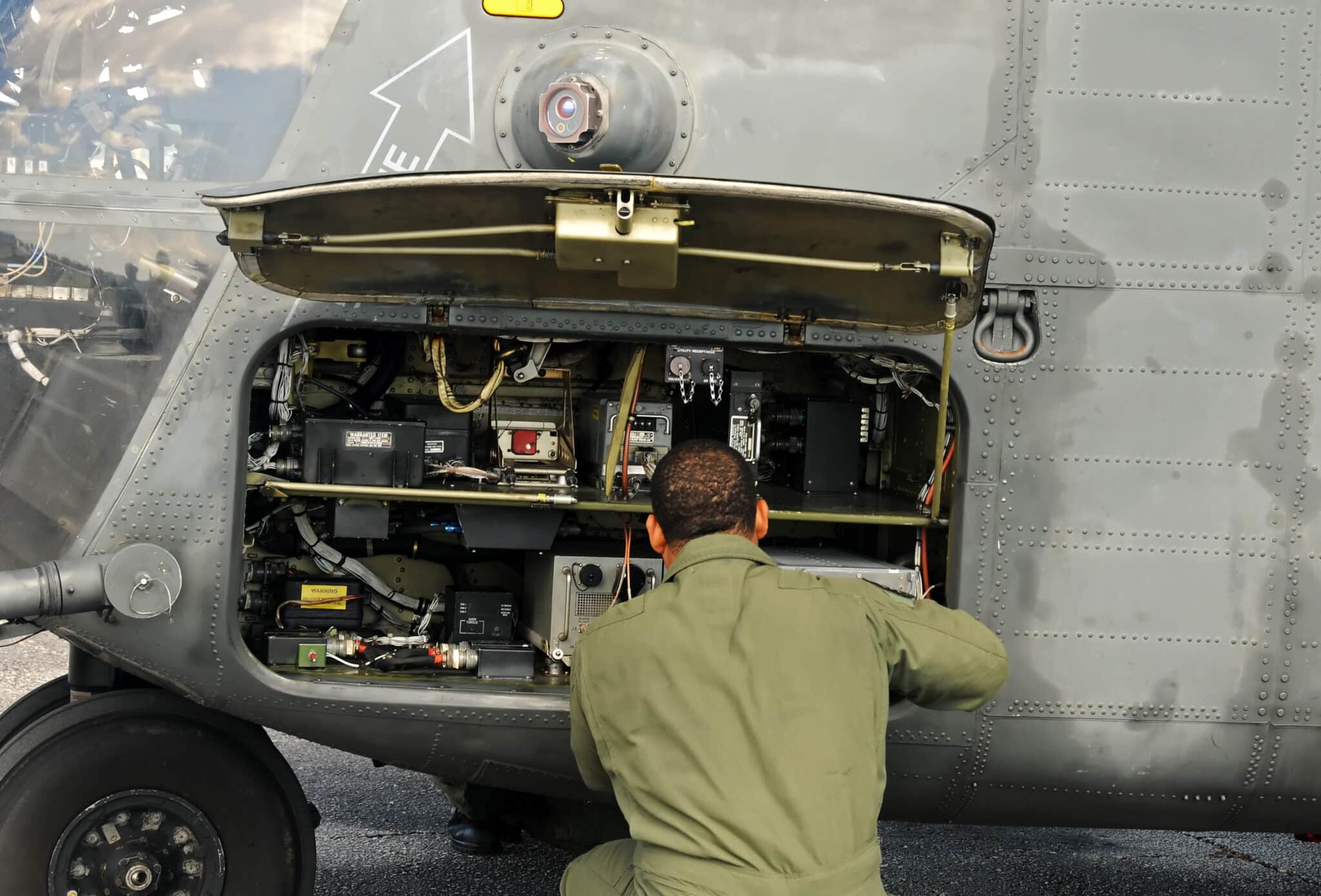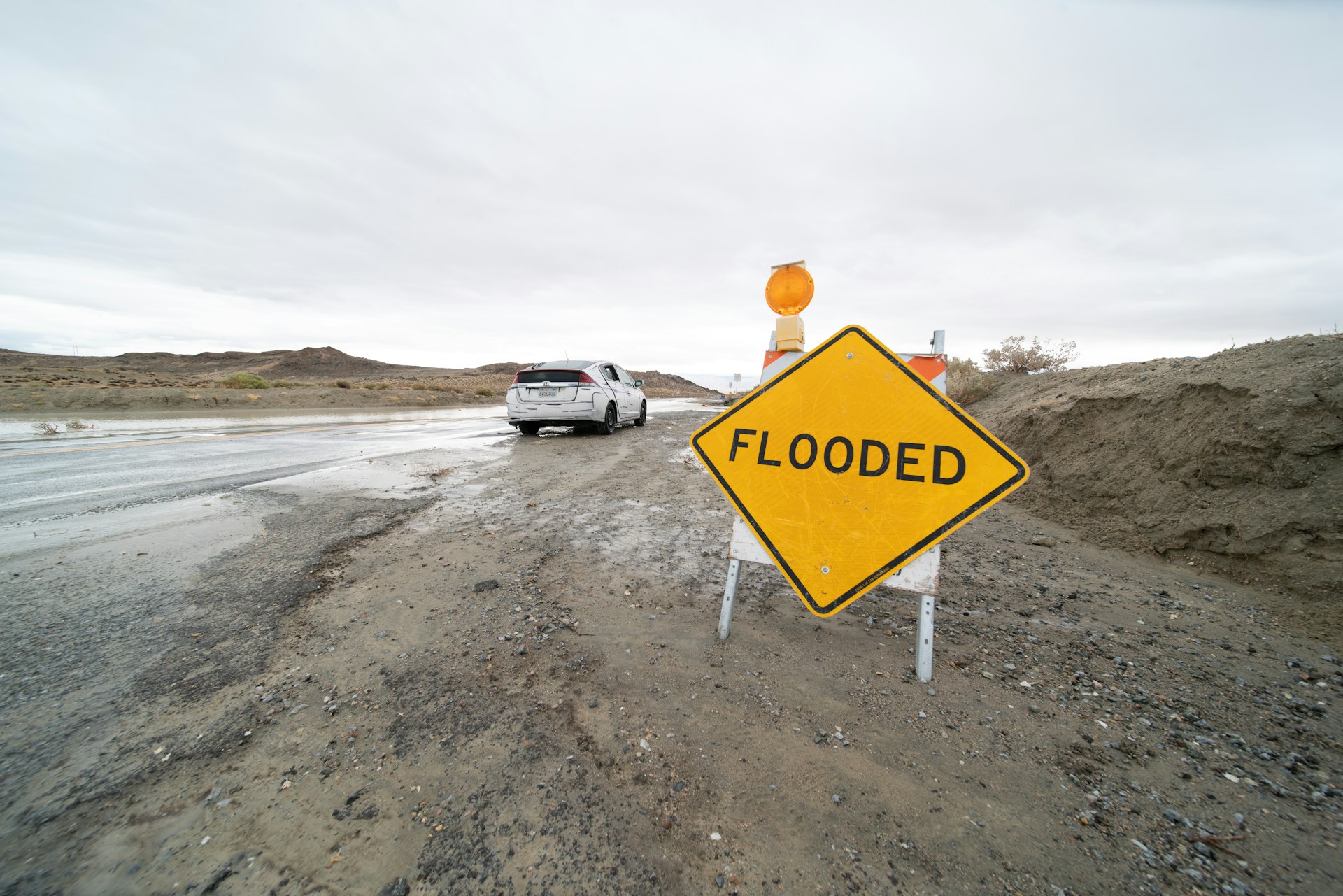Volume XVIII No. 19:
Congressional pressure to pass a massive bill chock full of new water projects has gotten to the point that the world’s greatest deliberative body is going to dedicate a week to the porcine product. The Water Resources Development Act (WRDA) churns out construction projects for the U.S. Army Corps of Engineers and adjusts policy guiding the agency. Unfortunately, the Corps already has $60 billion of projects on their to-do list, and pretty much every policy change Congress is considering would stick taxpayers with more costs. There are better things for Congress to do than rush this bill.
Everywhere you look there are problems with WRDA. The Congressional Budget Office estimate of $12 billion misses a few items because of the rules they use for scoring. So they don’t count billions of dollars in increased project costs from the bill’s waiving of the cost overrun cap for the next three years. Or the mandated increased spending on harbor dredging that adds another $5.5 billion to the tab. Oh, and corporate welfare alert: the bill relieves the barge industry from paying their share of a navigation lock project that’s currently $2 billion over budget, sticking taxpayers with at least a $750 million bar tab. The bill is littered with other provisions designed to benefit special interests by increasing the federal share of project costs.
The bill sponsors, Environment and Public Works Committee Chair Boxer (D-CA) and Ranking Member Vitter (R-LA), have made sure to feather their nest, even during a moratorium on earmarks. There’s a provision that makes federal taxpayers pick up 65 percent of the maintenance cost on certain flood gates (a storm damage reduction measure) that just happen to be in New Orleans, LA. Normally there would be no federal dollars. There’s another provision directing extra cash to “donor ports”—ones that generate more taxes than they consume (read: Los Angeles and Long Beach, CA) and “energy ports” (read: New Orleans). And while not quite earmarks, a bunch of earmark-ish programs from previous WRDAs have burrowed back in.
Speaking of earmarks, the bill doesn’t contain traditional earmarks that stipulate this much money for this specific project. Instead the pendulum swung far in the opposite direction. Instead of giving the Administration criteria to prioritize and limit projects, the bill simply rubber stamps whatever project the Corps recommends. The real way forward would have been to demand projects meet certain enhanced cost-benefit criteria, subject them to prioritization, and to limit the number of projects. The Corps already has an estimated project backlog of more than $60 billion. Considering they get less than $2 billion in construction funding annually, we cannot simply pile more projects on the to-do list.
Even in the part of the bill that “tries” to cut the backlog of projects with a new commission charged with getting rid of the dead wood, they excluded so many projects from consideration it won’t accomplish squat. In fact, this bill will likely increase the backlog by adding billions more in new projects than the commission discards.
The sad truth is that as bad as this bill is, there will be several amendments to make it worse on the floor. Already Sens. Landrieu (D-LA) and Vitter want to use the bill to delay flood insurance reforms. Sen. Sessions (R-AL) would replace the weak commission with an even weaker “report.” Sen. Casey (D-PA) wants to add his bill to bailout the virtually bankrupt Inland Waterways Trust Fund by eviscerating cost share rules. And so on.
At a time when the watch words seem to be austerity and cutting spending, this Water Resources Development Act runs in the opposite direction. Everyone who is affected by sequestration should be offended by this business as usual approach to wasteful spending.










